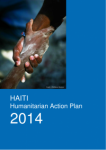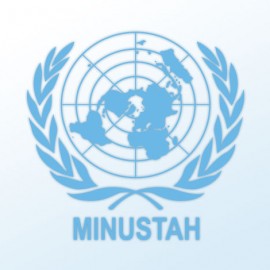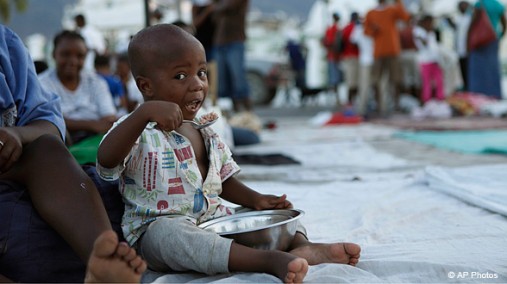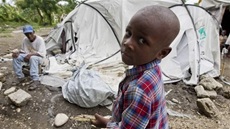Supporting Solutions to Urban Displacement in Haiti
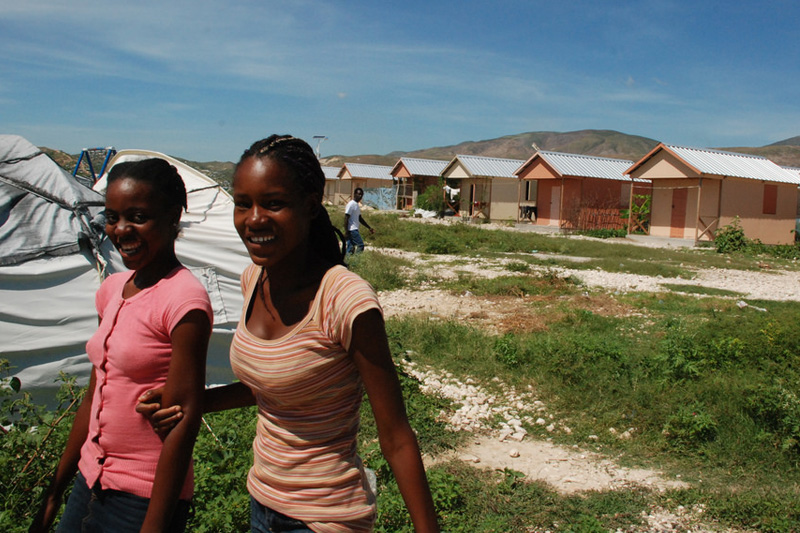 The Brookings Institution and the International Organization for Migration (IOM) recently released a report analyzing solutions for those who remain displaced in Port-au-Prince. A key message is that solutions involve more than just closing camps. Solutions happen over the long-term and require the participation of governments, humanitarians, development agencies and the displaced. The executive summary is below and you can read the full report here.
The Brookings Institution and the International Organization for Migration (IOM) recently released a report analyzing solutions for those who remain displaced in Port-au-Prince. A key message is that solutions involve more than just closing camps. Solutions happen over the long-term and require the participation of governments, humanitarians, development agencies and the displaced. The executive summary is below and you can read the full report here.
